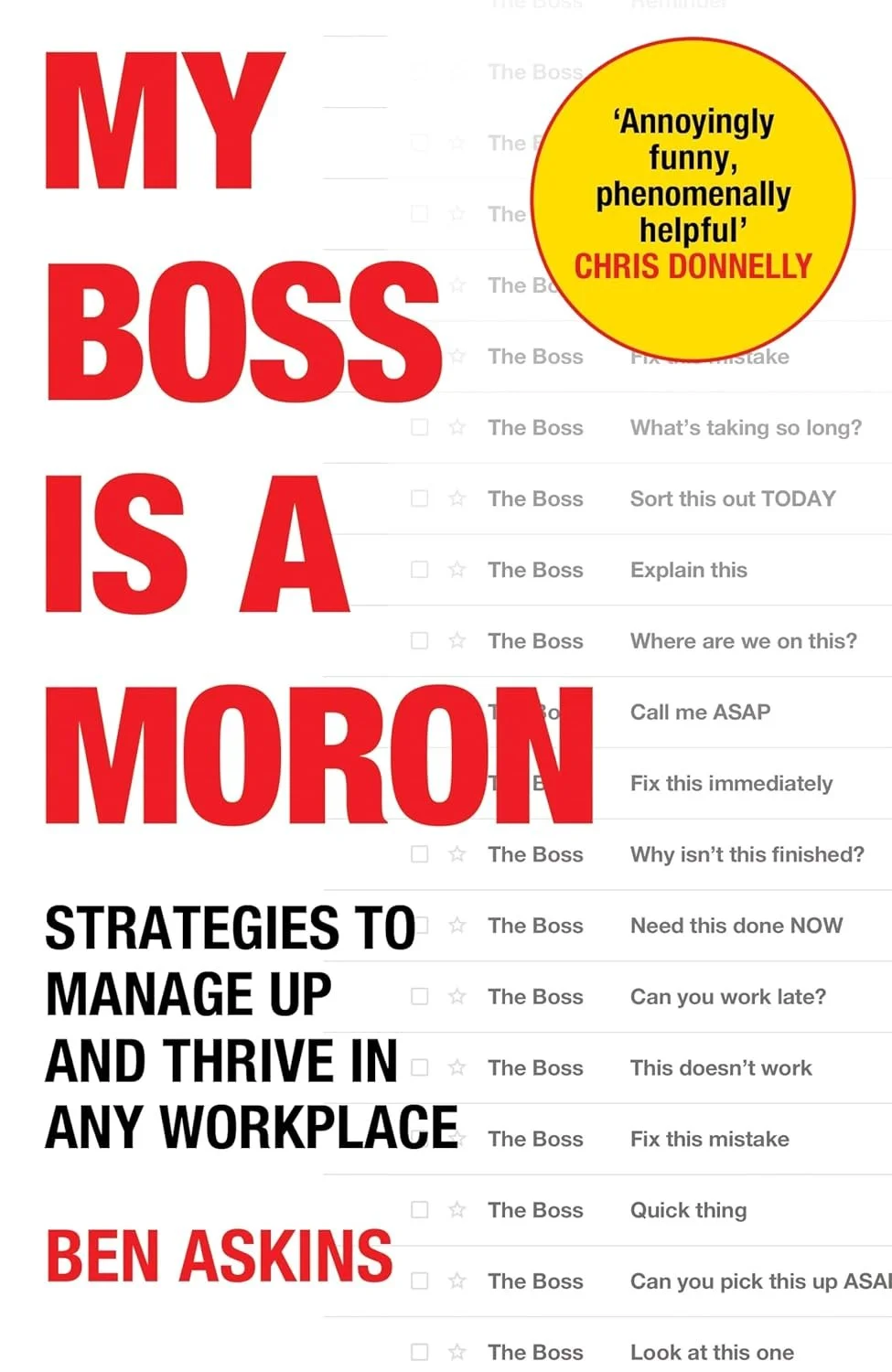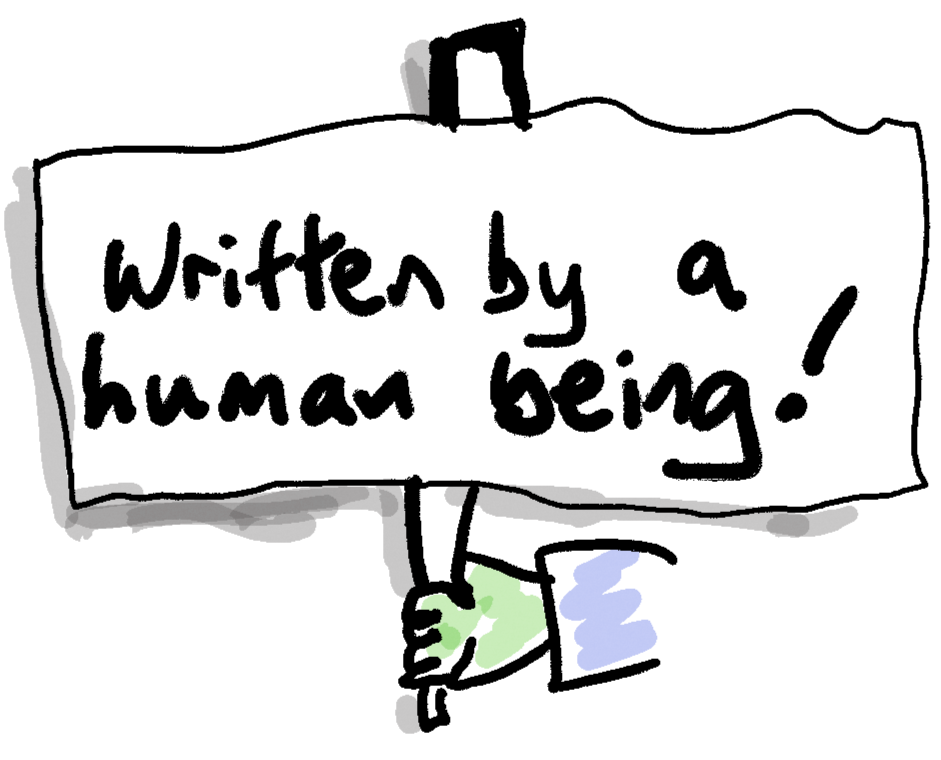Chapters look at how technology is used around the world, online communities, and building a culturally just infrastucture, amongst other topics.
Read MoreQuick look: Artificially Gifted: Notes from a Post-Genius World
The author, Mechelle Gilford, explores how AI may render our usual way of interpreting the concept of “gifted” obsolete.
Read MoreQuick look: Dr. Bot: Why Doctors Can Fail Us―and How AI Could Save Lives
Dr Bot discusses something I hadn’t really considered…
Read MoreQuick look: My boss is a moron
I borrowed this book from the library yesterday and have had to stop reading it.
Read MoreQuick looks: Listen in: How radio changed the home
Back in the 1930s, radio was the cutting edge technology in the home.
Read MoreThe history of news is not simply the history of printing inventions
A few hundred years ago editors were more like collators. They would gather together bnits and pieces of news from various sources and writers and produce a pamphlet.
Read MoreQuick looks: VIBE Coding by Example
For the time being, this book is free in Kindle format.
Read MoreQuick looks: Bad Education: Why Our Universities Are Broken and How We Can Fix Them
It was a great source of pride to me, getting hundreds of students through their A levels and encouraging them to go to university. But for some time I have asked myself a question: would I recommend this route now?
Read MoreQuick look: Bad Education
Goodwin covers the reasons he left academia, scholars, students and the system. Then he proposes some solutions.
Read MoreQuick look: AI For Educators
There are some good ideas here, especially for prompts.
Read MoreQuick look: The Art of Uncertainty: How to navigate chance, ignorance, risk and luck
The first thing that struck me is that it is quite readable.
Read MoreQuick look: Hitler's People
Yes, I know that this has nothing (ostensibly at least) to do with ICT or Computing, but I thought it might be an interesting book in general, and for history teachers in particular.
Read MoreQuick look: Desirable difficulties in action
The idea of desirable difficulties has always appealed to me. In my teaching I’m partticularly in favour of applying Vygotsky’s concept of the zone of proximal development.
Read MoreQuick look: The Language of Deception
I’m not convinced to any extent at all that not being able to tell the difference between a computer and a person means that the computer is intelligent. However, the original formulation of Turing’s ‘imitation game’ was whether a machine could be perceived as being intelligent.
Read MoreQuick look: From EdTech to PedTech
Academics tend to write learned articles that, I suspect, are read mainly by other academics, so anything that can translate some of that research into practical advice is to be welcomed.
Read MoreQuick look: Strange Code
Strange Code looks at esoteric languages and also atypical languages, which are those that are not mainstream.
Read MoreQuick looks: Support Not Surveillance, by Dr Mary Bousted
As far as I’m aware no Education Secretary has had the ability or the courage to deal with the teacher recruitment and retention crisis.
Read MoreQuick looks: Tools for Teachers, by Oliver Lovell
Overall the book is a good investment, although I did have some quibbles with it.
Read MoreQuick looks: About Our Schools, by Tim Brighouse and Mick Waters
If you want to see the humble brag elevated to an art form, this is the book for you.
Read MoreQuick look: The self-taught computer scientist
It’s a bit of a tall order, I think, to teach yourself computer science, as opposed to computer programming, because of the need to understand particular concepts.
Read More








